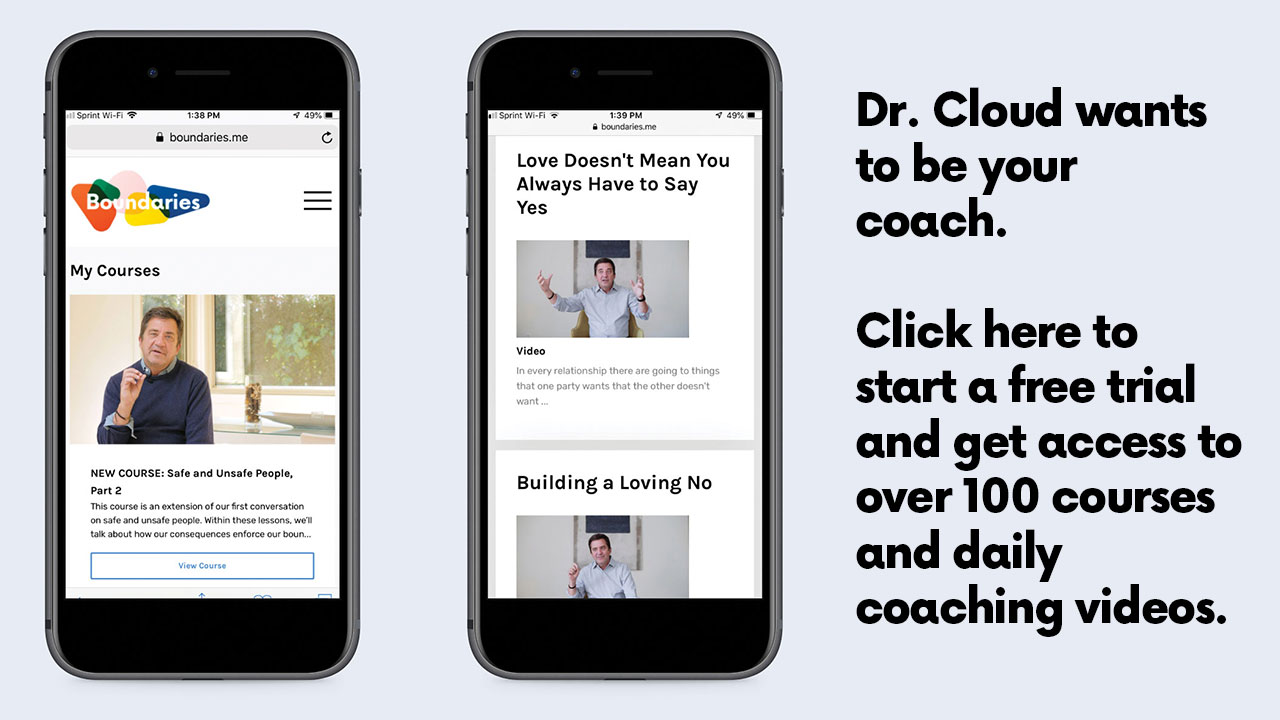What happens when we have bonding and connection issues?
Oct 23, 2023Bonding, connecting, and attaching with others is foundational for every human being. In our early months and years, we form attachments through being cared for and loved. This lays the groundwork for our ability to grow physically, emotionally, and spiritually.
When babies and young children don't receive affection and emotional connection, it can stunt their development. The mind and body are linked; lack of love affects the physical body. Children lacking attachment can fail to thrive, with smaller brain sizes, weaker immune systems, and lower body weight. The need for connection continues throughout life. Elderly people recover better from health crises when they have strong social bonds.
Our relationships provide a sense of safety, security, and meaning. Connection with others allows us to process negative emotions and heal from emotional wounds. Attachments teach us how to regulate our own feelings. A caregiver's soothing of a crying infant enables the child over time to calm themselves. When cut off from others, we may experience depression, addictions, distorted thinking, chronic loneliness or sadness, and a deep inner emptiness.
Disrupted early attachments can make connecting with others difficult. Past hurts may cause us to fear getting close to people again. Our own negative self-perceptions act as barriers. Common thinking patterns like "No one will care about me" or "People always abandon me" lead us to isolate further. Defenses like denying our needs, devaluing relationships, and detaching shut us off from the very connections we crave.
Healing this relational brokenness requires awareness, vulnerability, and intentionality. We must own our need for others and treat it as valid. Express your longing for connection, even though it feels risky. Question thoughts driving isolation. Ask God to change self-protective patterns. Find safe environments like therapy groups to practice opening up. As bonds grow stronger, gradually expand your circle of close relationships.
The research is clear: human beings need each other. Loneliness substantially raises the likelihood of early death and disease. Make bonding a priority, no matter what your past attachments have been. You deserve love.
Here are 10 tips for improving connections and healing from past relational hurts:
1. Recognize your need for other people. Admit you can't make it alone.
2. Take ownership of your attachment needs. Treat them as valid and important as physical needs.
3. Do a relationship audit. Evaluate who is currently in your life and any gaps to fill.
4. Be proactive in pursuing connections, even when it feels risky. Move toward vulnerability.
5. Express your needs to others directly. Ask for support, encouragement, or just to be heard.
6. Question any self-limiting thoughts keeping you isolated. Reject notions like "no one cares."
7. Identify defense mechanisms you use to avoid emotional intimacy. Work to dismantle them.
8. Find a safe environment to practice opening up, like therapy or support groups. Start small.
9. As you heal, gradually expand your circle of close relationships in healthy directions.
10. Keep attaching a high priority in your life. Make bonding a lifelong commitment and practice.



